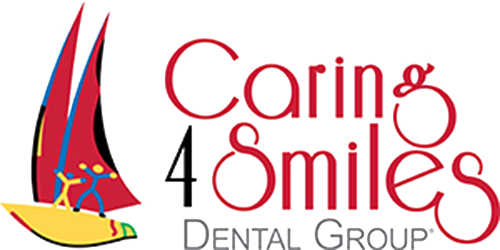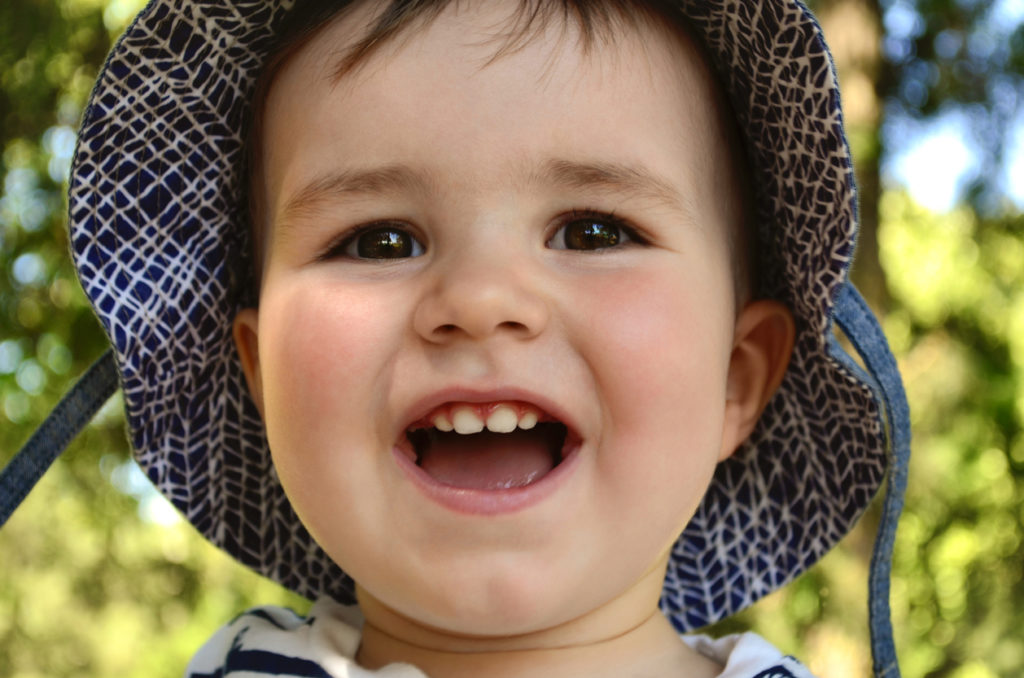When it comes to pediatric dentistry, there are a number of kids dental health myths floating around out there. Maybe you hear them from your own parents as they offer you advice or you’ve read them on the internet; regardless, believing these myths can have a serious impact on your child’s dental health. Below, we’ll discuss some of the most common misconceptions about children’s oral health and separate fact from fiction.
Myth: Baby teeth don’t matter.
It is impossible to overestimate the value of the primary, or baby, teeth. Baby teeth are needed for your child to eat nutritious foods and learn to speak; they also serve the important purpose of reserving room for adult teeth to emerge when the time is right. If a baby tooth is extracted too early, it leaves a gap for neighbouring teeth to shift into, causing overlapping and misalignment. This kind of tooth crowding can make it difficult to maintain good oral hygiene habits.
Myth: Toddlers don’t need to visit the dentist until all of their baby teeth have erupted.
Your child’s first dental visit should be scheduled when he or she is one year old because cavities can form as soon as the first tooth emerges. A dentist will examine your baby’s teeth and gums, assist you in implementing a home oral hygiene routine, monitor your child’s jaw and tooth development, and discuss foods and drinks that support good dental health.
Starting dental visits early allows children to become accustomed to the sights and sounds of our office, as well as develop a personal connection with their dentist. This will help them feel more at ease, making future appointments less stress-inducing for you and your child.
Myth: Kids don’t need to floss.
If your child has space between their baby teeth, you may think flossing is unnecessary, but they could be missing up to 80% of the surfaces of their teeth by skipping this crucial step. Flossing is essential because cavities can easily form between the teeth. Not flossing also has the potential to cause gingivitis and gum disease, even in children.
Myth: Cavities in baby teeth don’t matter.
While your children’s baby teeth will eventually be replaced by permanent teeth, it’s still critical to maintain their health by practicing good oral hygiene habits, limiting sugar, and treating cavities when they do form. As discussed above, baby teeth are important for learning to speak and eating, and cavities in these teeth can be both painful and embarrassing for children. Poor dental care with baby teeth can also affect how your child’s permanent teeth erupt.
Myth: Kids don’t need to see the dentist until their permanent teeth have erupted.
Some parents wait until the permanent teeth erupt before scheduling their child’s first dental appointment. By this time, your child may have already suffered tooth decay and other serious dental issues that could have been easily prevented with regular dental exams and cleanings.
Myth: Pacifiers ruin a child’s teeth.
Many parents fear that a pacifier or thumb sucking habit will ruin their child’s teeth, guaranteeing years spent in braces. The truth is, if your child needs braces, they likely would have needed them regardless of whether or not they used a pacifier. As long as they break the pacifier habit by age 2, there’s no reason to worry.
One final word:
Good teeth in children is the result of Team effort – the team being, the parents, the dental team and the child. Learn all about Pediatric Dentistry & let us be on YOUR TEAM.
If you’d like to learn more about your child having amazing teeth and healthy gums, contact us today at 09 631 5416 to schedule a consultation appointment with one of the dentists at Caring 4 Smiles.

